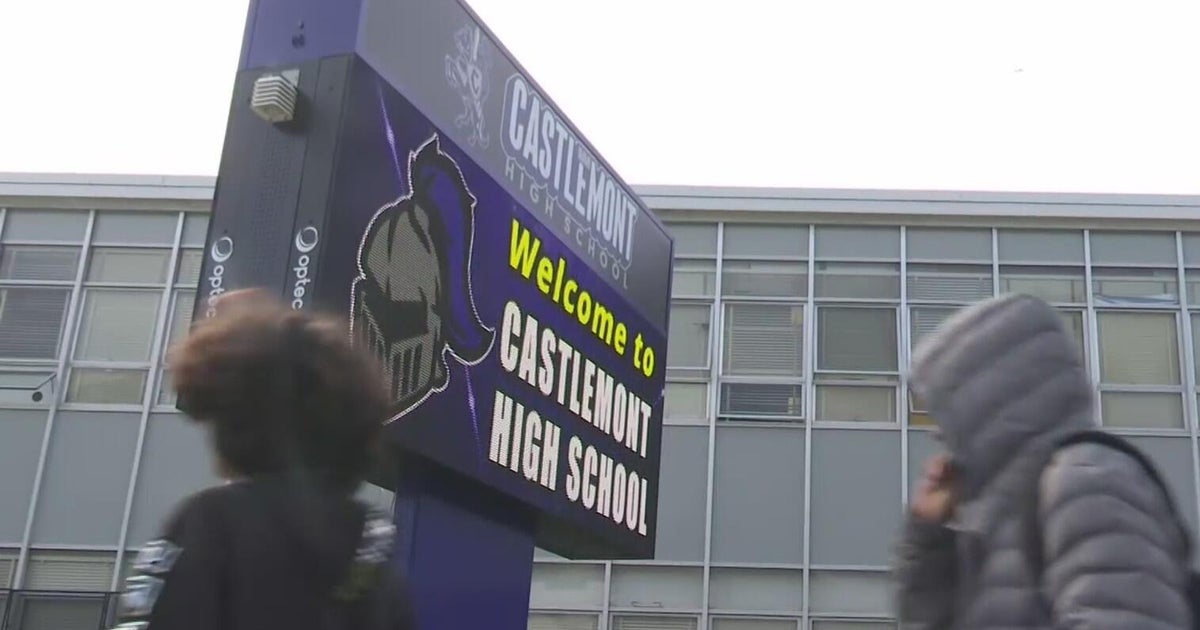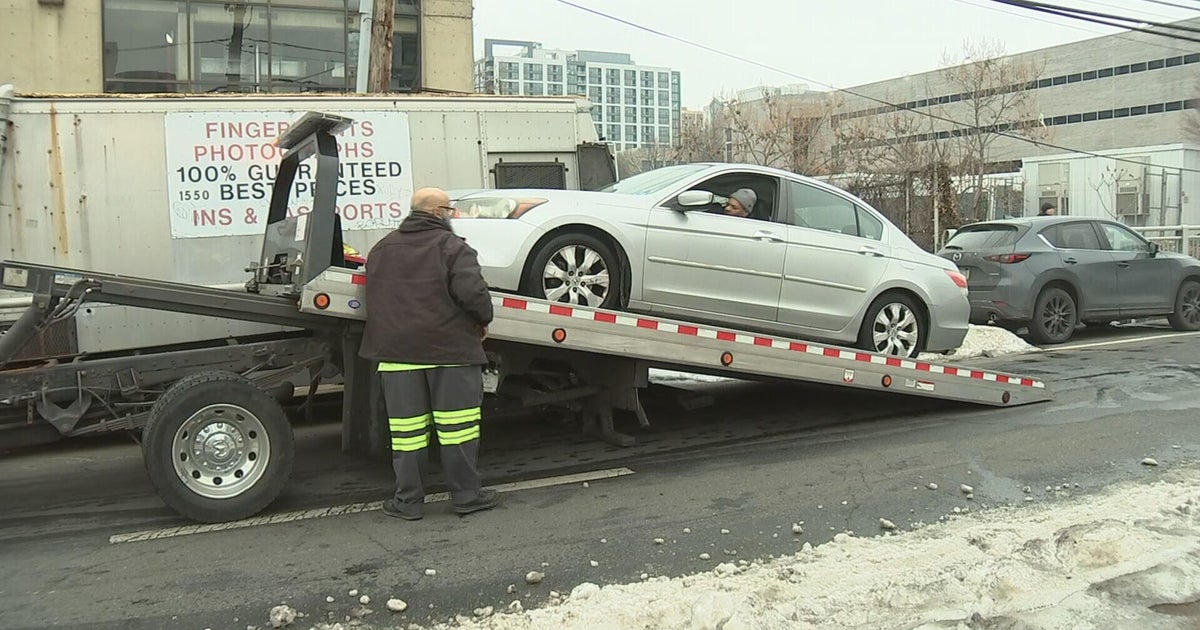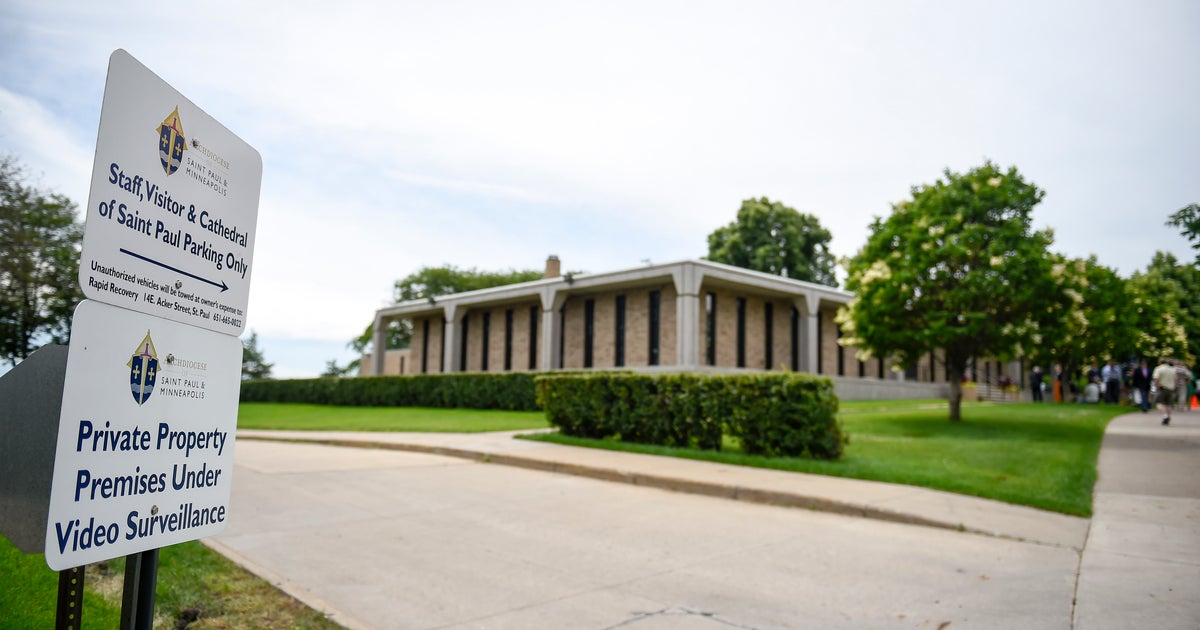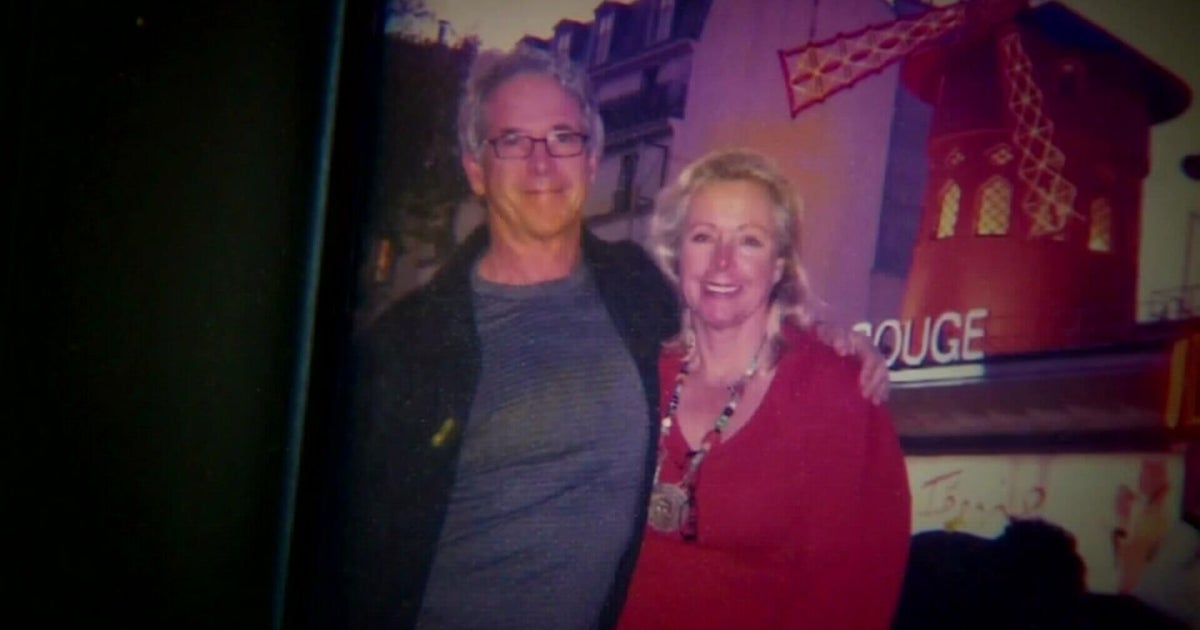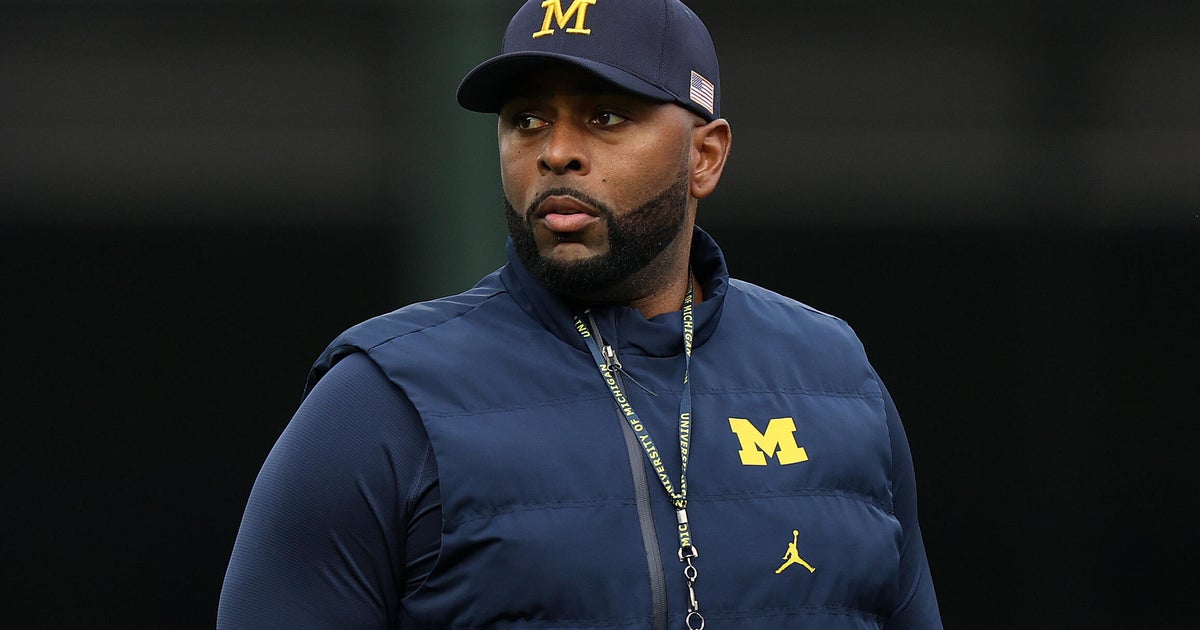San Jose Vows Action On A's Move Despite Judge's Split Ruling
OAKLAND (CBS SF) - A lawyer for San Jose said the city plans to request sworn statements from Major League Baseball's Commissioner and owners of 30 teams after a federal judge on Friday allowed the city to proceed with a lawsuit claiming MLB disrupted a contract by the Oakland A's to buy land to move to San Jose.
Phil Gregory, a private attorney for San Jose, said that since MLB requires 75 percent of team owners to approve a club moving to another city, San Jose contends that MLB's 30 team owners "would be subject to depositions," or statements under oath, during the discovery period for the city's lawsuit.
MLB Commissioner Bud Selig "would probably be the first deposition we take," Gregory said.
Split Ruling On MLB Motion To Dismiss San Jose Lawsuit Over A's Move
The city also would ask the court to compel the league to turn over documents detailing why it did not ask team owners to vote on relocating the A's to San Jose, Gregory said.
John Keker, an attorney representing MLB, said that "they may get the Commissioner's deposition, but I don't think they'll get the team owners'" depositions.
San Jose sued MLB in June alleging the league had delayed a proposed move by the A's to San Jose because the San Francisco Giants have asserted rights to Santa Clara County and a committee appointed by Selig in 2009 to study Bay Area territorial issues had failed to act.
MLB's restriction on the relocation of teams violated federal anti-trust laws, as well as California's anti-trust and unfair competition laws, the city claimed in the suit it filed in federal court in San Jose.
U.S. District Judge Ronald Whyte on Friday ruled mostly against the city, saying that the Supreme Court and other federal courts had upheld MLB's exemption from federal antitrust laws and its right to regulate the relocation of teams as a part of "the business of baseball."
Whyte, in a ruling on MLB's motion to dismiss the city's lawsuit, also dismissed two other issues the city had raised, stating that MLB had not violated California's anti-trust or unfair competition statutes.
But the judge sided with the city's contention that MLB had interfered with an option contract San Jose signed with A's owner Lew Wolff in 2011 to purchase 13 acres near downtown for a potential new ballpark.
Wolff, who wants to move the A's from the team's O.co Coliseum stadium in Oakland to San Jose, recently had to pay the additional expense of $25,000 to San Jose to renew the option, Whyte wrote.
Whyte's decision means that he will hold a conference with lawyers for the city and MLB in 30 to 60 days to discuss a court schedule on the contract issue, according to Gregory.
Keker said the league was pleased overall that the judge denied the city's case on the federal and state anti-trust issues and the state's anti-competition laws.
He said that Whyte would dismiss the city's remaining claim after viewing the facts in a motion for summary judgment the league plans to file.
"The judge said that baseball can make any decision it wants," Keker said.
The league would argue that San Jose "never had a proposal that passed muster that would have required a vote," Keker said.
San Jose Mayor Chuck Reed said the judge's ruling permits the city to carry on with its legal case against MLB and puts it a step closer to hosting a major league club.
"I think it is a win for San Jose," Reed said. "We'll be able to move forward with discovery."
Gregory, who with attorney Joseph Cotchett argued against MLB's motion before Whyte in San Jose last Friday, said the partial ruling for the city "is an extremely positive development" because "the judge has upheld our tort claims."
At the planned conference, the city and MLB's lawyers would discuss with Whyte the discovery phase of a trial that San Jose hopes to begin by the time the new MLB season starts in April, Gregory said.
At issue for the city is why MLB had avoided taking a vote among the league's teams on whether to let the A's move to San Jose after Selig appointed the study committee four years ago, Gregory said.
The city would argue its case to the jury that there was no economic reason for MLB to prevent the A's from moving to San Jose because the team would sell far more tickets in San Jose, Gregory said.
The A's sell about 17,000 tickets on average per game but in San Jose the team would sell a number comparable to the Giants, which sell about 42,000 seats a game at AT&T Park in San Jose, Gregory said.
The city would ask the jury for damages in the "many millions of dollars" in compensation but would also hope that the matter could be settled with MLB "allowing the A's to move to San Jose," Gregory said.
The Giants laid claim to San Jose as part of its fan base in 1990 and has opposed the A's moving there.
The San Jose Diridon Development Authority, a city joint powers group, sold Wolff the option to in the future buy parcels along Montgomery Street between West San Fernando and Park Avenue for a stadium for about $7 million, according Richard Keit, managing director San Jose RDA Successor Agency oversight board.
(Copyright 2013 by CBS San Francisco and Bay City News Service. All Rights Reserved. This material may not be published, broadcast, rewritten, or redistributed.)
